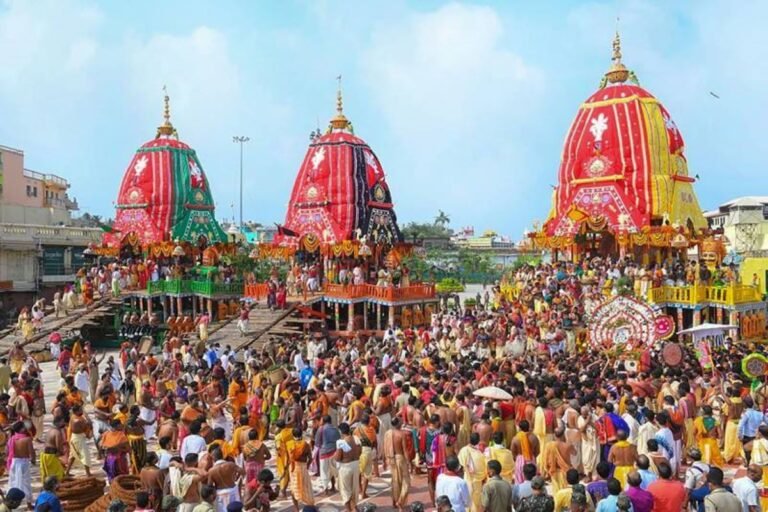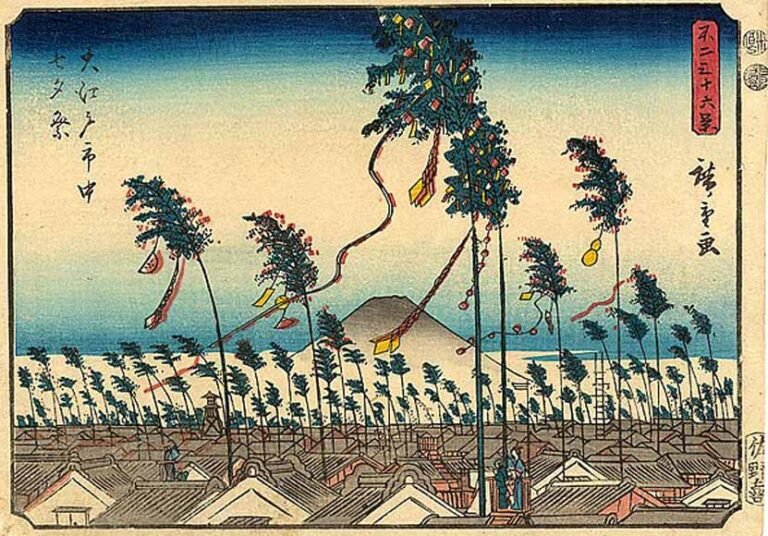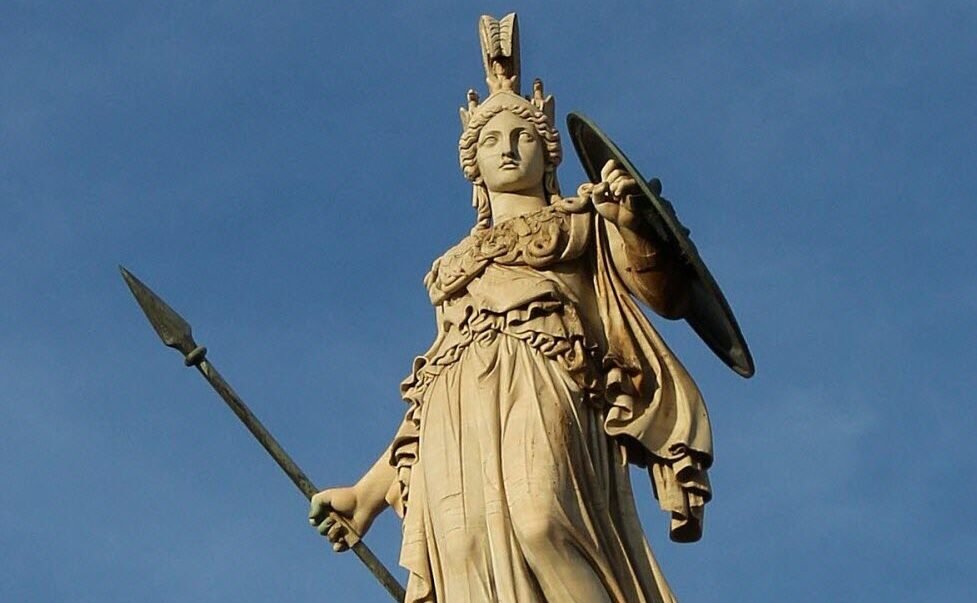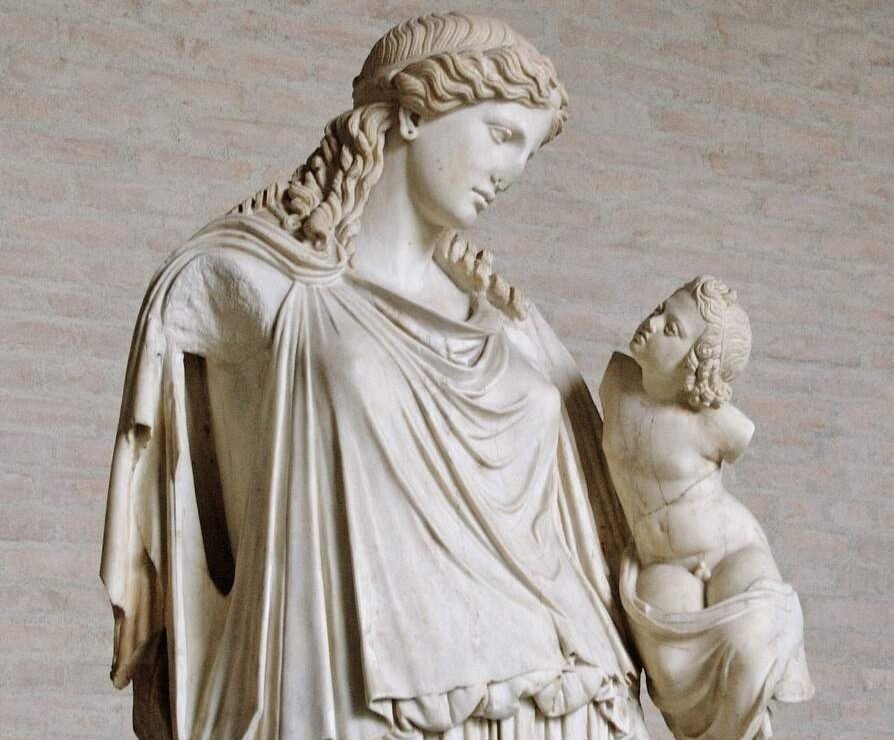Chronos, Kairos and Aion are the three deities of time, events and epic destinies. Here is the multi-religious and multicultural calendar!
Find us on our website Mythology and Legend, on Facebook and on instagram !

The schedule in brief from D-2 to D+5
- July 4, 2024, : Dree Festival
- July 7, 2024, : Ratha Yatra
- July 7, 2024, : Tanabata
- July 8, 2024, : Tuluni
- 9 July 2024, Daily: Libation to Athena
The complete interactive calendar
Holidays of the month
July 1, 2024 (1 event)
July 1, 2024

Today, the Japanese of Fukuoka celebrate Hakata Gion yamakasa until July 15. Famous for its one-ton chariot race, its history is some seven hundred and fifty years long. #mythology #myth #legend #calendar #July 1 #Japan #fukuoka #hakata
July 2, 2024 (1 event)
July 2, 2024

Today the people of Tonga celebrate Lwiindi-Gonde. The Tonga perform rites to thank the ancestors for the first harvests and to ask them for rain for the season. #mythology #myth #legend #calendar #July #onga #Lwiindi
July 4, 2024 (1 event)
July 4, 2024

Today and for 4 days, the Apatanis of the plateaus of North-East India are celebrating Dree. This festival recounts the origins of the people, when Anii Donii and Abba Lii colonize the area and start farming. The festival celebrates various gods to promote future harvests. #mythology #myth #legend #calendar #4July #dree #apatanis #inde
July 7, 2024 (2 events)
July 7, 2024

Today, Hindus celebrate Ratha Yatra. It is the celebration of Lord Jagannath, Lord of the Universe, traveling to his maternal aunt's house. #calendar #mythology #myth 1TP5Legend #RathaYatra 1TP5Hinduism
July 7, 2024

Today, the Japanese celebrate Tanabata (night of the 7th) originating from the O-Bon Bhuddists and Chinese Star Festival. It celebrates the meeting of Orihime and Hiko-boshi, separated by the Milky Way but able to meet once a year. #mythology #myth #legend #calendar #7July #tanabata #japan
July 8, 2024 (1 event)
July 8, 2024

Today and for a week, the Sumi people of Nagaland celebrate Tuluni. The word Tuluni comes from a special type of drink known as rice beer which was given in a glass made of bamboo or three plantain leaves. Prayers are offered to the God of Productivity Litsaba for the saving of the crops. #mythology #myth #legend #calendar #July 8 #tuluni #sumi #litsaba
July 9, 2024 (1 event)
–
July 9, 2024
On this day, the Greeks made a libation to Athena. Athena was the great Olympian goddess of wise counsel, war, city defense, heroic effort, weaving, pottery, and other crafts. She was depicted crowned with a crested helmet, armed with a shield and spear, and wearing the serpent-edged igis cloak wrapped around her chest and arm, adorned with the monstrous head of the Gorgon . #mythology #myth #legend #calendar #9July #Athena #Athenes
July 11, 2024 (1 event)
–
July 11, 2024
On this day, the Greeks celebrated Kronia in honor of Kronos as the god of harvests. This marked the end of the grain harvest. The practice was quickly abandoned during the Classic period. #mythology #myth #legend #calendar #Kronos #July 11
July 14, 2024 (2 events)
–
July 14, 2024
Today, the Japanese of Nachikatsuura celebrate Nachi no hi matsuri (Nachi fire festival). The meaning of the festival is understood as the regeneration and prosperity of the life force, as well as the prosperity of agriculture. Water is the main body of waterfalls, an ancient object of worship in Nachi, and is considered the source of life, while fire represents the source of vitality for all things. #mythology #myth #legend #calendar #July 14 #nachi #Japan #shinto
–
July 14, 2024
On this day, the Greeks celebrated Synoikia. This festival took place during the first important month of the Athenian year and served to remind people of their history and origins, the Synoikia, literally "houses together", was an ancient celebration commemorating the unification of Attica by Theseus. This very ancient festival was gradually abandoned during the Athenian domination. #mythology #myth #legend #calendar #synoikia #Greece #July 14
July 17, 2024 (1 event)
July 17, 2024

Today and for a week, the inhabitants of Kyoto celebrate Gion matsuri. At the time, natural disasters were thought to be caused by curses from the souls of brutal deaths. This is how the Gion Matsuri was born, being originally a goryō-e the exorcism of wrathful souls. #mythology #myth #legend #calendar #kyoto #July 17 #gion
July 19, 2024 (1 event)
–
July 19, 2024
Today, the Japanese of Saitama celebrate Kumagaya Uchiwa Masturi (fan festival). The festival began in 1750. Mikoshi was first made in 1830 and around 1902, when merchants began offering uchiwa to their customers. At the same time, the city grew thanks to the development of the silk industry. Each district began purchasing dashi to represent their wealth; they argue which district has a bigger and good quality dashi. #mythology #myth #legend #calendar #July 19 #Japan #uchiwa #mikoshi
July 22, 2024 (1 event)
–
July 22, 2024
On this day, the Greeks celebrated Panathenaia. The first festival of the year, the Panathenaea was the celebration of the city's anniversary. Beginning in the 7th century BCE, the annual festival, the Panathenaia ta mikra (Little Panathenaia), involved an impressive procession from outside the city walls to the Acropolis. This procession was represented on the frieze of the Acropolis. The main purpose of the procession was to convey the new peplos for the image of Athena, but in the classical period the festival acquired increased political importance. #mythology #myth #legend #calendar #Panathenaia #Athens #July 22
July 24, 2024 (2 events)
–
July 24, 2024
Today, Tunisians hold the Aoussou Carnival in Sousse. Probably drawing its origins from the Phoenician Neptunalia in honor of Neptune and Ocean, the modern festival only keeps trace of its etymology. Nowadays, it is a parade made up of symbolic floats, brass bands and folk troupes. #mythology #myth #legend #calendar #July 24 #Tunisia #ousse
July 24, 2024

Today, in Osaka, Japan, Tenjin matsuri takes place. It'is a festival under the protection of the Tenmangu Shrine dedicated to Sugawara no Michizane, the god of studies and the arts, who was a scholar and politician of the Heian period in Japan. #mythology #myth #legend #calendar #July 24 #osaka #japan #tejinmatsuri
July 29, 2024 (1 event)
–
July 29, 2024
Today, the Chang Naga tribes of Nagaland celebrate Naknyulum. It was originally a religious ceremony to celebrate their deliverance from darkness. This is why it remains today more than ever a ceremony which applauds the victory of good over evil. This is a symbolic tribute that exercises customary beliefs regarding their history. #mythology #myth #legend #calendar #Nagaland #July 29
July 30, 2024 (1 event)
July 30, 2024

On this day, the Greeks celebrated Noumenia, the New Moon marking a new month. The Noumenia is the second day of a three-day family festival held every lunar month – the Deipnon of Hekate, then the Noumenia, followed by the Agathos Daimon. #mythology #myth #legend #calendar #noumenia
July 31, 2024 (1 event)
–
July 31, 2024
On this day, the Greeks celebrated Herakleia. A celebration of the death of Heracles by athletes in the Kynosarges gymnasium, famous for the fact that it was the only one in Athens open to non-citizens. #mythology #myth #legend #calendar #Herakles #Athens #Greece #July 31
Multicultural and multi-religious almanac
An almanac is a calendar showing the main dates of the calendar, the religious holidays, bearing ephemerides such as the phases of the moon or the duration of the days (lunar and solar calendars).
A calendar is a system for marking dates according to time. Such a system was invented by men to divide and organize time over long periods. The observation of the periodic phenomena of the environment in which they lived — such as the daily movement of the shadow, the return of the seasons or the lunar cycle — served as the first references for organizing the agricultural, social and religious life of societies.
The calendar used today in most of the world is the Gregorian calendar. In everyday language, an ephemeris designates what happens daily; the ephemeris of the day is the list of the significant events of this day.